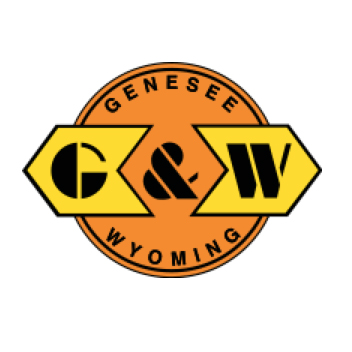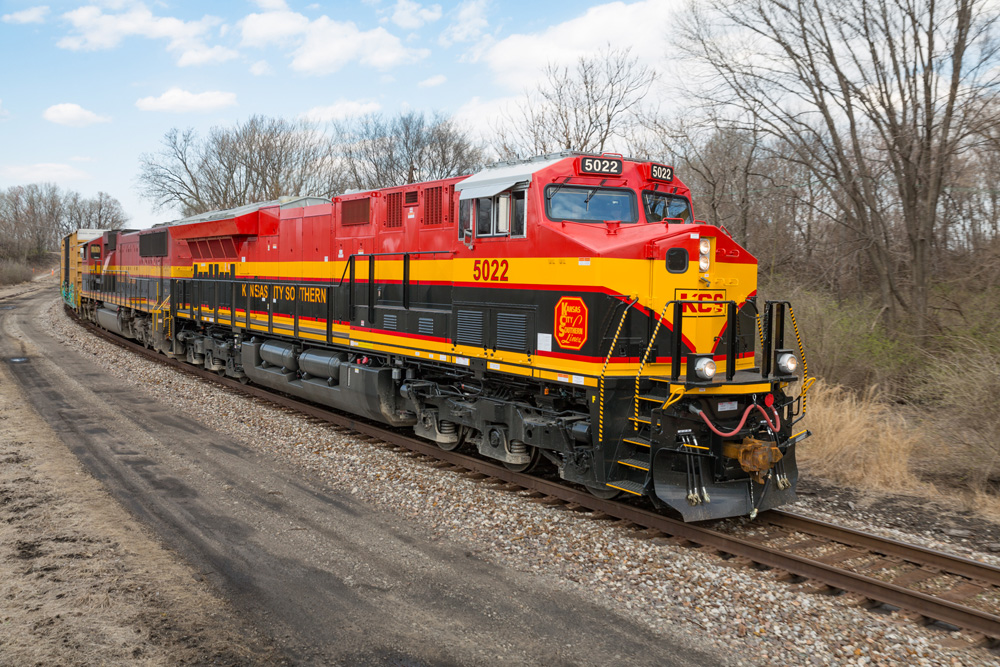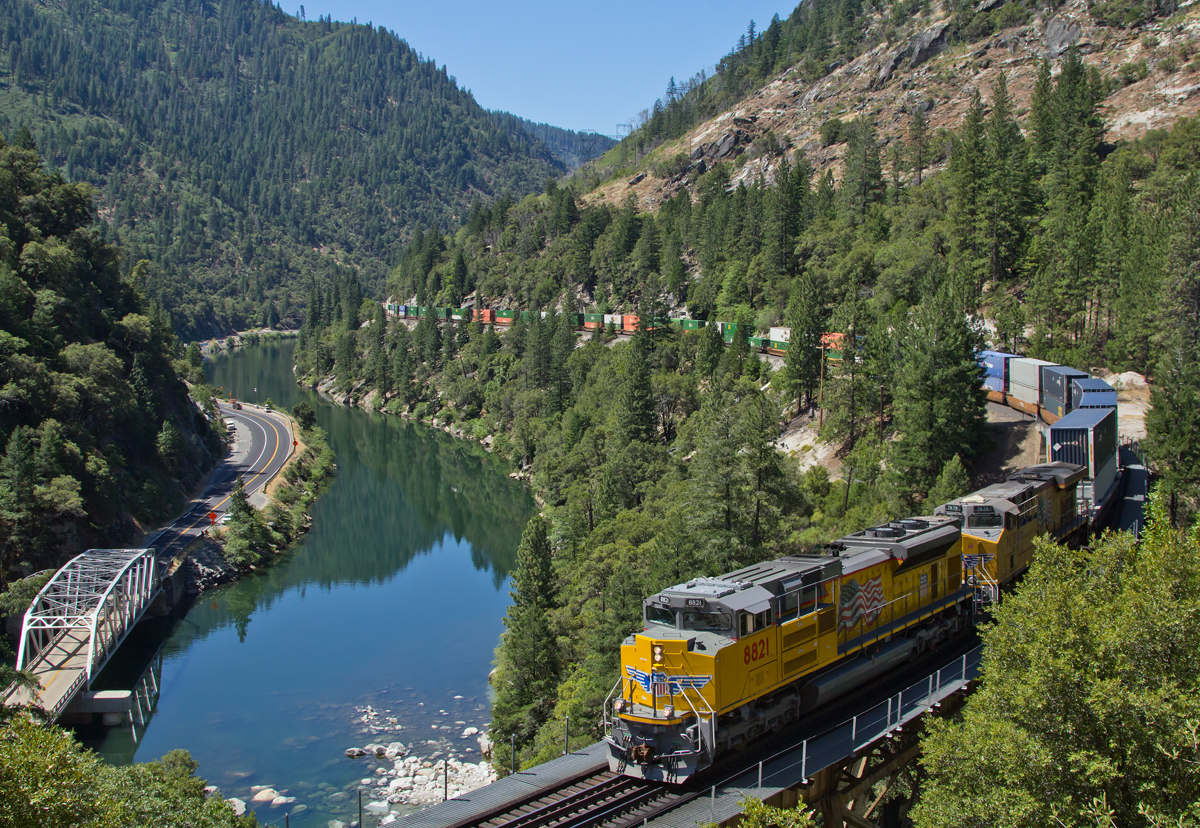 WASHINGTON — Canadian Pacific’s proposed acquisition of Kansas City Southern has picked up its first support from another railroad company.
WASHINGTON — Canadian Pacific’s proposed acquisition of Kansas City Southern has picked up its first support from another railroad company.
Shortline railroad operator Genesee & Wyoming has told the U.S. Surface Transportation Board that it backs the merger of the smallest Class I systems.
“From our perspective, the proposed transaction should provide improved service options and invigorate transportation competition in the markets we serve,” Michael Peters, G&W’s chief commercial officer, wrote in a letter posted on the STB’s website today.
“GWI urges the STB to approve CP’s acquisition of KCS as swiftly as possible so that these systems can be integrated, and the end-to-end benefits of this deal can be realized for the benefit of all stakeholders,” Peters wrote.
Six of G&W’s railroads interchange with CP, while 10 connect with KCS. G&W expects the CP-KCS deal to improve service and competition in several ways.
The merger will provide an additional competitive route for South Dakota grain originating on the Rapid City, Pierre and Eastern that’s bound for the Gulf Coast, Peters wrote.
It also will benefit automotive traffic and auto parts moving between the Midwest, Mexico, and Canada thanks to new seamless single-line service, he said.
G&W also expects the CP-KCS combination to reduce transit times and improve freight car utilization for shippers and railroads while providing better competition for trucks.
Class I railroads have said they are reviewing the merger and its potential impact on their networks.
Interested parties have until the end of the day on April 1 to challenge the KCS waiver from the STB’s more restrictive merger rules that date to 2001.
The National Industrial Transportation League has raised concerns about the $29 billion merger and says it will challenge the KCS waiver.
Surveys by Wall Street analysts, including Cowen & Co. and Wolfe Research, have shown a solid majority of shippers support the CP-KCS deal.
The railways announced their merger plans on March 21 and plan to file their merger application with U.S. regulators in late June.













